How to homeschool a child with dyslexia
Blog | Homeschooling with Dyslexia
Understanding Dyslexia
by Marianne | Jan 5, 2023 | Dyslexia Information, Focus & Motivation
Years ago my son’s occupational therapist recommended he do some heavy work activities every day to calm his mind and body and to help improve his focus and learning. I had never heard of this before but because of the impact these simple actions have had on his...
by Marianne | Dec 9, 2022 | Dyslexia Information
There is no one, simple way to build confidence in kids with learning differences like dyslexia. This post will share how our family of seven kids with dyslexia (as well as some ADHD, dysgraphia, and dyscalculia) helped our kids to become more confident despite their...
by Marianne | Nov 21, 2022 | Dyslexia Information
Do you feel your kids with dyslexia are misunderstood by friends and family? Here’s how to explain dyslexia to friends and family so they can offer the support and compassion you need.
View More
By The Subject
by Marianne | Aug 5, 2022 | By The Subject, Resources
Of all the different curriculum choices you will make for your kids with dyslexia and other language-based learning difficulties, choosing the best language arts curriculum is probably the most important. There are programs and methods that work with dyslexia and...
by Marianne | Jul 27, 2022 | By The Subject, Uncategorized
I often hear homeschool parents talking about getting frustrated with one Orton-Gillingham reading program and switching to another. I also hear parents saying how their kids did better with one program or another. Have you felt this way? Have you wondered when...
by Marianne | May 18, 2022 | By The Grade, By The Subject, Teaching Tips
Why and how to plan for some easy summer learning for your kids with dyslexia. Summer is just around the corner and many of us are considering what, if any, academic learning to do over the next few months.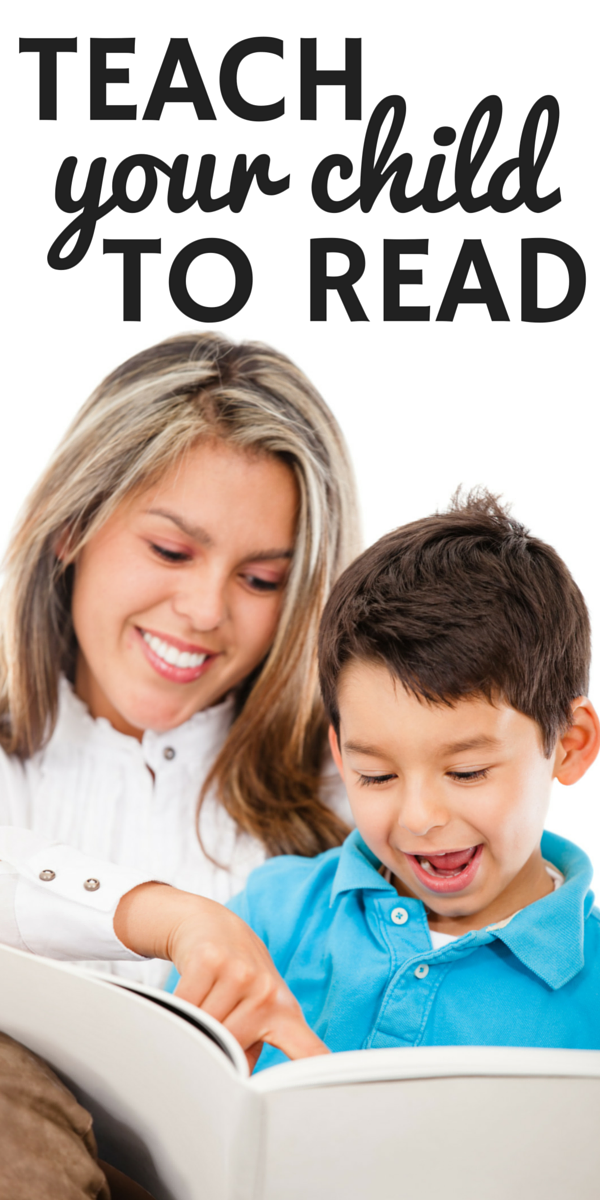 Kids are always learning but when is it a good idea to plan...
Kids are always learning but when is it a good idea to plan...
View More
By The Grade
by Marianne | May 18, 2022 | By The Grade, By The Subject, Teaching Tips
Why and how to plan for some easy summer learning for your kids with dyslexia. Summer is just around the corner and many of us are considering what, if any, academic learning to do over the next few months. Kids are always learning but when is it a good idea to plan...
by Marianne | Jan 11, 2022 | By The Grade, Teaching Tips
You know the old saying "Ain't Mom happy, ain't no one happy"? In my 30 years of parenting, I have come to understand that "Ain't the kids happy, ain't no one happy" is also true. Do this quick Kids Homeschool Assessment to find out how your kids really feel about...
by Marianne | Sep 11, 2021 | By The Grade
What to expect, setting goals and the best curriculum choices for homeschooling kids with dyslexia in grades 1 - 3.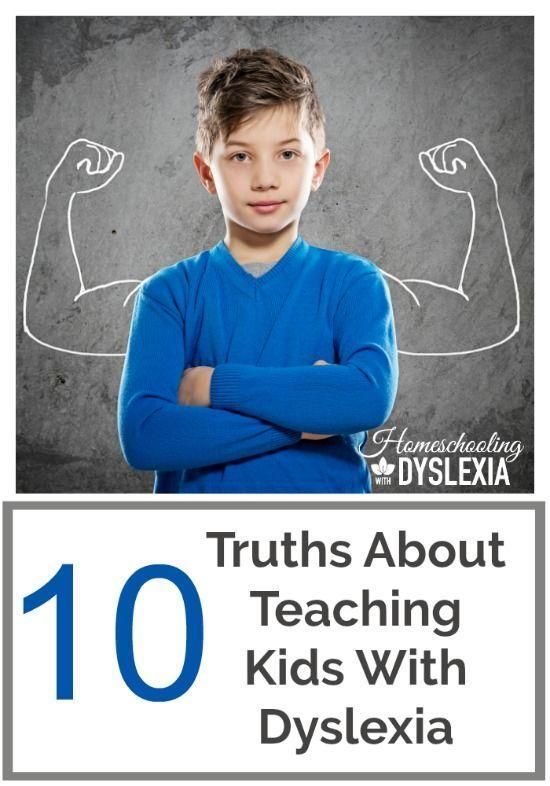 I am a firm believer in the benefits of homeschooling kids with dyslexia. I should know really. I've been homeschooling kids with dyslexia...
I am a firm believer in the benefits of homeschooling kids with dyslexia. I should know really. I've been homeschooling kids with dyslexia...
View More
Teaching Tips
by Marianne | Nov 30, 2022 | Teaching Tips
There are so many good resources for teaching kids with dyslexia it can be hard to know what the best dyslexia options are. We're well into the school year now. The honeymoon period with its excitement over new curricula, courses, and co-ops has ended and we are faced...
by Marianne | Oct 1, 2022 | Teaching Tips
Does your child shut down when it comes to reading? Do they cry or berate themselves or refuse to do their reading lessons? It may be time to take a break from reading instruction. The scenario is not uncommon. For a variety of reasons, children can come to resist...
by Marianne | Sep 17, 2022 | Teaching Tips
Using weekly review planning sheets helps me to troubleshoot my kids' learning struggles with confidence.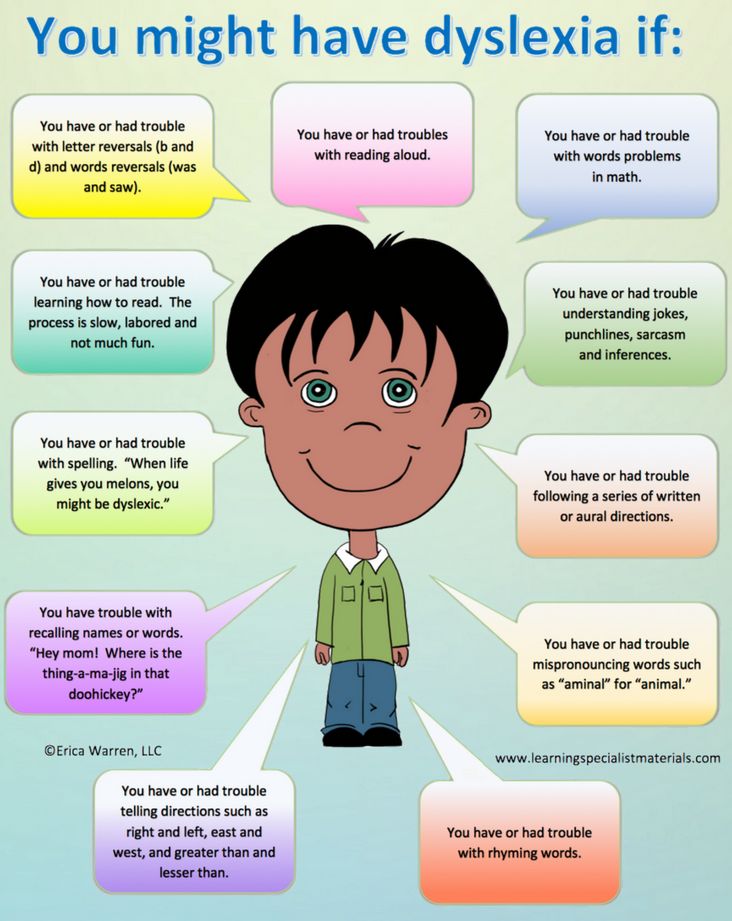 Many of us have spent a lot of time over the summer planning and preparing for the current school year. Maybe you joined one of my coaching groups or you went to...
Many of us have spent a lot of time over the summer planning and preparing for the current school year. Maybe you joined one of my coaching groups or you went to...
View More
Encouragement
by Marianne | Apr 1, 2021 | Dyslexia Information, Encouragement
As I was working on my new book, No More School: Meeting the Educational Needs of Kids With Dyslexia and Language-Based Learning Difficulties, I realized that there are stages we go through as parents homeschooling a child (or children) with dyslexia. As I share my...
by Marianne | Jun 20, 2020 | Dyslexia Information, Encouragement
It's a great time to be dyslexic! More and more there is a shift taking place to view dyslexia as a learning difference with many unique strengths. Yes, dyslexia comes with struggles; learning to read, write, and spell can be HARD. But, researchers like Brock and...
by Marianne | Feb 24, 2020 | Encouragement, Uncategorized
One of the things that helped me along the path of teaching, understanding, and nurturing my kids with dyslexia was finding a dyslexia support group.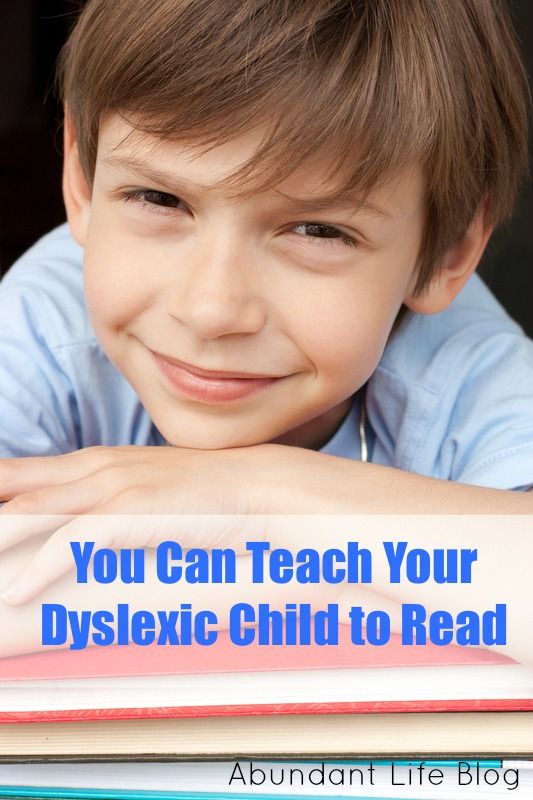 Have you ever felt alone or like no one else understood what you were experiencing? I know I have and it is a...
Have you ever felt alone or like no one else understood what you were experiencing? I know I have and it is a...
View More
Resources & Reviews
by Marianne | Jan 5, 2023 | Dyslexia Information, Focus & Motivation
Years ago my son’s occupational therapist recommended he do some heavy work activities every day to calm his mind and body and to help improve his focus and learning. I had never heard of this before but because of the impact these simple actions have had on his...
by Marianne | Dec 11, 2022 | Resources
If you're wondering what gifts to give the homeschool moms in your life, you're in the right place! Gifts for Homeschool Moms and Dads This site exists to educate and support homeschooling families who have kids with ADHD, dyslexia, and other language-based learning...
by Marianne | Dec 9, 2022 | Dyslexia Information
There is no one, simple way to build confidence in kids with learning differences like dyslexia. This post will share how our family of seven kids with dyslexia (as well as some ADHD, dysgraphia, and dyscalculia) helped our kids to become more confident despite their...
This post will share how our family of seven kids with dyslexia (as well as some ADHD, dysgraphia, and dyscalculia) helped our kids to become more confident despite their...
View More
Life Skills
by Marianne | Dec 11, 2022 | Resources
If you're wondering what gifts to give the homeschool moms in your life, you're in the right place! Gifts for Homeschool Moms and Dads This site exists to educate and support homeschooling families who have kids with ADHD, dyslexia, and other language-based learning...
by Marianne | Sep 13, 2022 | Resources
This year, I am homeschooling a 9th grader with ADHD and dyslexia. Here are our curriculum choices for high school. We’ve gone from homeschooling a houseful of struggling learners while juggling toddlers and babies, to homeschooling just two kids this year. This year...
by Marianne | Aug 5, 2022 | By The Subject, Resources
Of all the different curriculum choices you will make for your kids with dyslexia and other language-based learning difficulties, choosing the best language arts curriculum is probably the most important.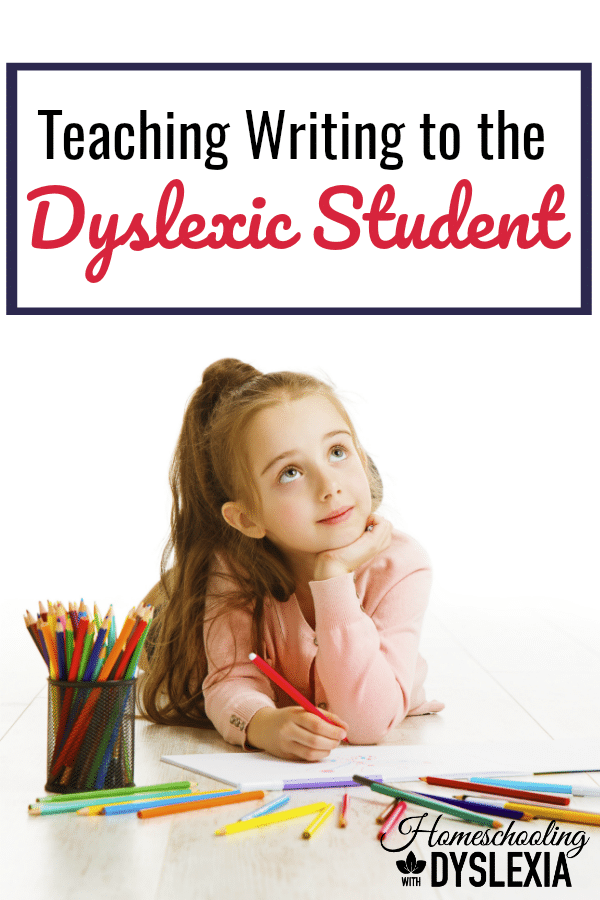 There are programs and methods that work with dyslexia and...
There are programs and methods that work with dyslexia and...
View More
Start Here | Homeschooling with Dyslexia
Start Here
Have you been worried that the way your kids learn is “broken” or that you’re somehow not teaching them the right way? You’ve come to the right place!
Kids with dyslexia learn differently and therefore need to be taught differently. I’ll show you how! My mission is to provide reliable, research-based, and highly useful information to families and teachers of kids with dyslexia.
If this is your first time here, I know all of the information can be overwhelming, so I’ve created this page with some of the very best resources to get you started.
Find the support you need to teach your outside-of-the-box thinkers!
What is
“Dyslexia is genetic and caused by a unique brain wiring that causes difficulties with accurate word recognition, spelling, and decoding abilities. People with dyslexia have average to above-average intelligence and many unique strengths. All people with dyslexia can learn to read and live amazingly productive and happy lives!”
People with dyslexia have average to above-average intelligence and many unique strengths. All people with dyslexia can learn to read and live amazingly productive and happy lives!”
Meet Marianne, the creator of the Homeschooling with Dyslexia site.
I started this site in the hopes of sharing what I’ve learned after 20+ years of homeschooling my 7 kids with dyslexia.
I struggled for years to figure out the right kind of balance; one that allowed me to teach my kids how they learned while nurturing their God-given gifts and still have peace at the end of the day! Learn more about Marianne on our About Page.
My Most Popular Posts
Get started learning with some of my most popular posts.
Can parents teach their kids with dyslexia?
- Can I Really Homeschool my Child With Dyslexia?
- 10 Reasons You Should Homeschool Your Child With Dyslexia
- How to Get Started Homeschooling a Child With Dyslexia
- Dyslexia Success: The 6 Success Attributes Your Kids Need and How to Teach Them
- The Power of Homeschooling
- Our Dyslexia Journey
- Homeschool Planning for Families With Dyslexia
Could it be dyslexia?
- Common Signs of Dyslexia
- Dyslexia in Disguise: Other Names for Dyslexia
- How and When to Tested for Dyslexia
- What Every Child With Dyslexia Needs
- 10 Myths About Dyslexia and How They Are Harming Your Kids
- What to do After Your Child is Diagnosed With Dyslexia
- 8 Things you Need to Know After a Dyslexia Diagnosis
How do I teach kids with dyslexia?
- How Dyslexics Learn: Teaching to the Dyslexic Strengths
- How to Teach Kids With Dyslexia to Read
- How to Teach Sight Words to Kids With Dyslexia
- Homeschooling With Dyslexia: How We Teach Math
- Teaching Writing to Kids With Dyslexia
- Homeschooling With Dyslexia: How We Teach Language Arts
- How to Provide the Best Accommodations and Modifications for Your Dyslexic Student
- Teaching Blending to the Early Reader
- How to Teach Phonemic Awareness
What are the best resources and materials for teaching kids with dyslexia?
- Common Signs of Dyslexia
- Dyslexia in Disguise: Other Names for Dyslexia
- How and When to Tested for Dyslexia
- What Every Child With Dyslexia Needs
- 10 Myths About Dyslexia and How They Are Harming Your Kids
- What to do After Your Child is Diagnosed With Dyslexia
- 8 Things you Need to Know After a Dyslexia Diagnosis
Resources & Support
The following resources have been created by Marianne from Homeschooling with Dyslexia with you in mind.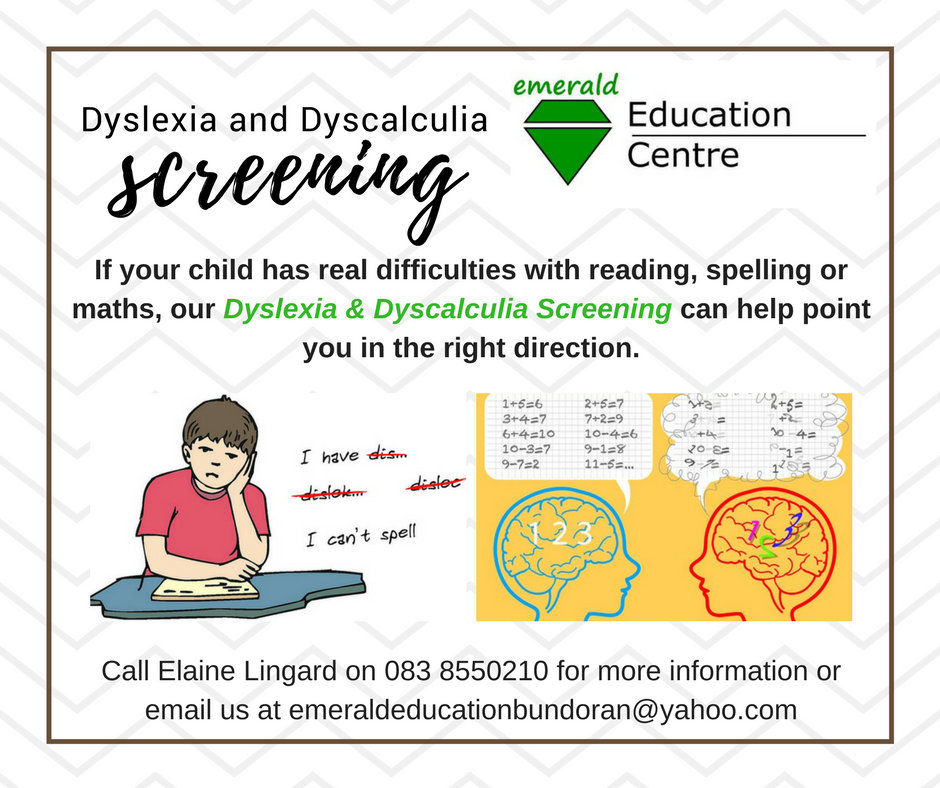 We have something for everyone; from books, to parent courses, to mentoring and support.
We have something for everyone; from books, to parent courses, to mentoring and support.
Get started teaching yourself and your kids about dyslexia with our books.
Learn More
Learn more about how to teach your kids the way they learn.
Learn More
Get plugged into to one of our mentoring groups. You don’t have to do this alone!
Learn More
Connect on Social Media
How to help a child with dyslexia at home
A child with dyslexia needs help not only at school, but also at home. If professionals do it at school, then the rest of the time the responsibility lies with the parents. We talk about simple ways to help that parents can adopt.
5 min.0019
First of all, parents should remember that they are capable of many things. They are also professionals in their field - they know the characteristics of the child more than anyone else, and they can provide support and speak about love better than others.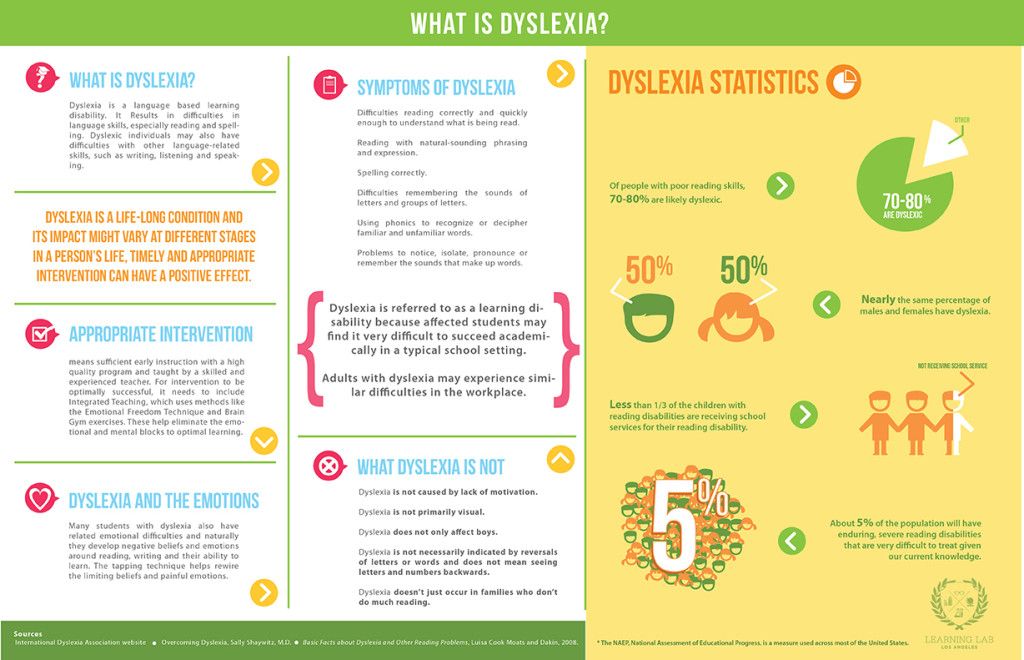 Half of the success with dyslexia is an adequate self-esteem of the child, faith in one's own strengths. To cope with the other half, that is, the necessary skills, parents need to learn more about how to better organize the learning process. It is better to check this knowledge with a psychologist who constantly deals with the child. nine0003
Half of the success with dyslexia is an adequate self-esteem of the child, faith in one's own strengths. To cope with the other half, that is, the necessary skills, parents need to learn more about how to better organize the learning process. It is better to check this knowledge with a psychologist who constantly deals with the child. nine0003
How to help your child improve skills
Read
Make reading one of your favorite activities. Read for yourself so that the child takes an example from you. Read together to not only hone the skill, but also to get pleasant impressions. Start by reading aloud - first you, then the child, then you again. If it doesn’t work, connect audiobooks - let the child read along with the announcer. Do not be afraid to start with comics if your child likes them - there is less text and more favorite characters, which means more motivation. nine0003
NB : If your child often gets confused while reading, offer them a ruler.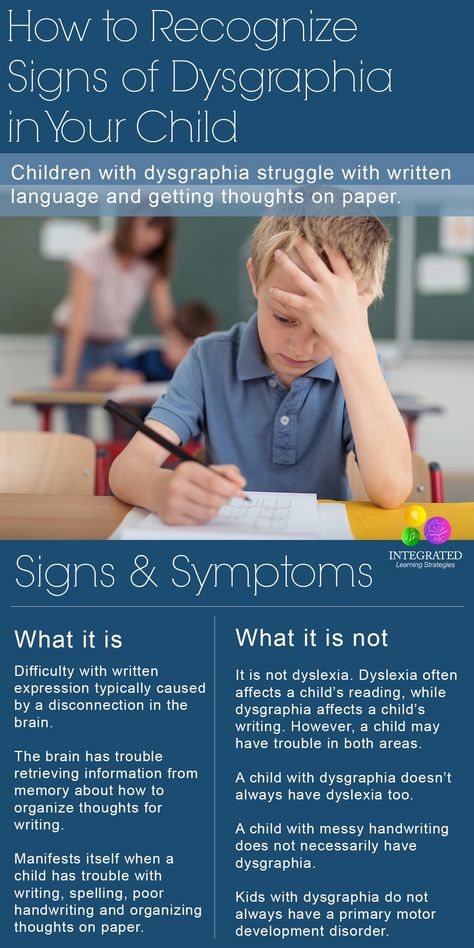 The child should put it under each line - this will help to concentrate.
The child should put it under each line - this will help to concentrate.
Include play in learning
With play, lessons become easier, more emotions appear. Games are good to use for memory training: you can compose poems and songs to remember the daily routine or places for things and toys. Word games, for example, "Cities", "Contact", also train memory and develop speech. nine0003
Use multi-sensory experiences
Research shows that children with dyslexia need to use as many senses as possible to learn. For example, you can cut letters out of sandpaper. The child will not only see them, but run his finger over each letter and remember them better. You can also teach writing - write words not on paper, but with your finger in the sand, shaving cream, or even in the air.
Help organize the day
Discuss the daily routine with your child, compose it and hang it in a prominent place. It is better to color the hours of lessons and sessions with a psychologist so that they can be seen at a glance.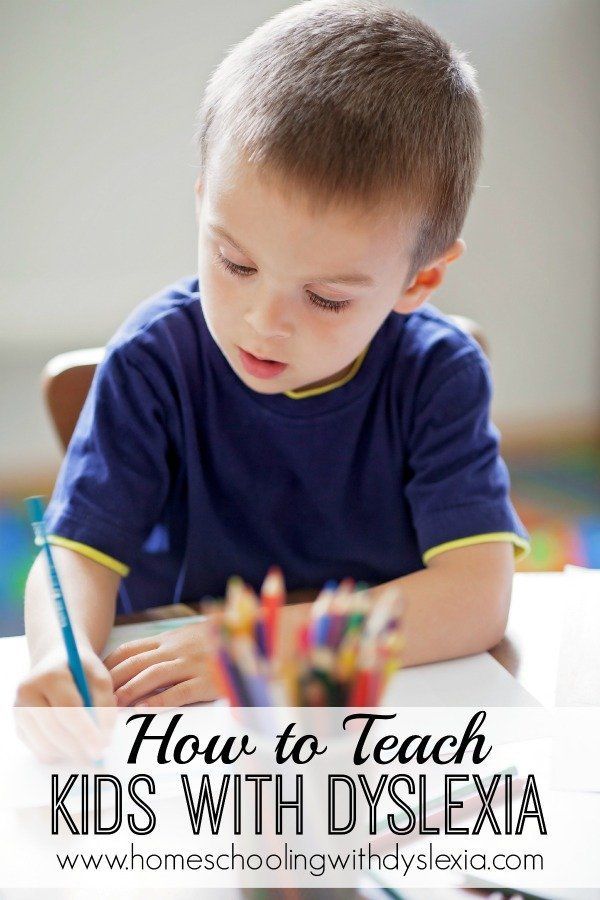 Also help get ready for school - pack your backpack and other school things in the evening and put them to the door. nine0003
Also help get ready for school - pack your backpack and other school things in the evening and put them to the door. nine0003
NB : Another way to teach discipline is to agree on which shelf you will put your things for class, and always put them there immediately after class.
How to help your child with self-esteem
Support your child
Celebrate successes, even if they are small. Each page read is a reason for praise, and each book is for great joy. First of all, praise for achievements in your favorite things, sports, creativity. The child should be aware of his strengths - help him in this. nine0003
Learn how to deal with stress
Practice on yourself first. Notice what happens to you when you are tired - become short-tempered, absent-minded or anxious. Tell your child about this and ask him to observe himself. As your child becomes aware of his own states of stress, teach him relaxation techniques such as deep breathing.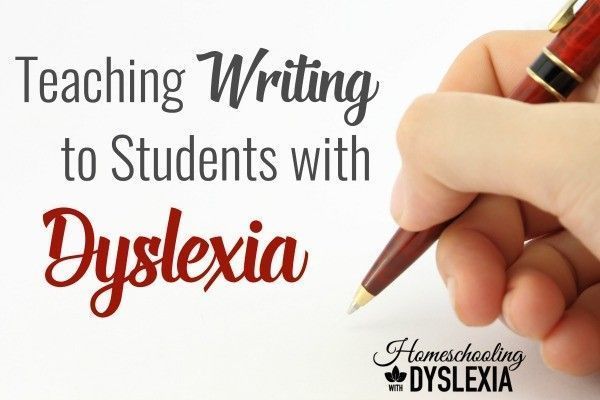
Talk about what dyslexia is and how to live with it
The child has the right to know what is happening to him. Tell him about dyslexia in simple terms, explain that it is not his fault, that you will deal with it together. nine0003
Read biographies of famous people with dyslexia: Einstein, Whoopi Goldberg, Jackie Chan, Orlando Bloom, Salma Hayek. Explain that this did not prevent them from revealing their strengths, focusing on their talent.
Do's and Don'ts when communicating with a child with dyslexia
Compare with other children, even children with dyslexia
On the contrary, emphasize that everyone has their own strengths and weaknesses, their own pace of work, temperament and other characteristics. If the child doubts himself, make lists of strengths. For example, draw him in full growth and together with your child think about what is special and good about each part of his body. nine0003
Get angry if the child loses things, is late and cannot remember something
More precisely, you have every right to be angry.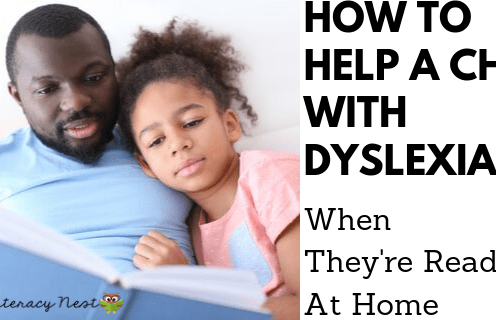 But try not to show it to your child. Gradually, you will get used to and will relate to being late more easily. But the child can remember your negative attitude even the first time.
But try not to show it to your child. Gradually, you will get used to and will relate to being late more easily. But the child can remember your negative attitude even the first time.
Trying harder than necessary
Sometimes, and maybe often, the studies will not lead to success. It's not about motivation, it's about lack of skills. Children with dyslexia want to learn to read and write. But they need a lot more time, conditions and love. nine0003
Diagnosis and correction of dyslexia at the Neuroflex center
methods of teaching children with dyslexia at school and at home
- Text Link
What is dyslexia
Dyslexia is a congenital disorder in which it is difficult for a person to read. He rearranges words, confuses endings, does not match letters with sounds.
Dyslexics process information while reading in other areas of the brain, use alternative mechanisms and develop non-standard thinking. Recent research shows that they do not read visual-spatial information locally, piece by piece, but all at once - holistically. This allows people with dyslexia to understand the most complex mathematical principles, but at the same time they can make mistakes in elementary operations - addition and subtraction. That is why the methods of teaching children with dyslexia have their own nuances. nine0003
This allows people with dyslexia to understand the most complex mathematical principles, but at the same time they can make mistakes in elementary operations - addition and subtraction. That is why the methods of teaching children with dyslexia have their own nuances. nine0003
There are many creative people and scientists among dyslexics. Albert Einstein, Hans Christian Andersen, Marilyn Monroe, Vladimir Mayakovsky had difficulty reading. But not everyone succeeds in turning a disorder into a feature, because the school system is built on textbooks and text tasks. In such conditions, it is difficult for children to reveal their potential, they lag behind the program and learn the material worse.
How to understand that a child has dyslexia
You need to contact a specialist, first of all, a pediatrician. Here are a few symptoms worth getting tested for:
- The child cannot match letters to sounds.
- He reads with additions, deletions, substitutions and repetitions.
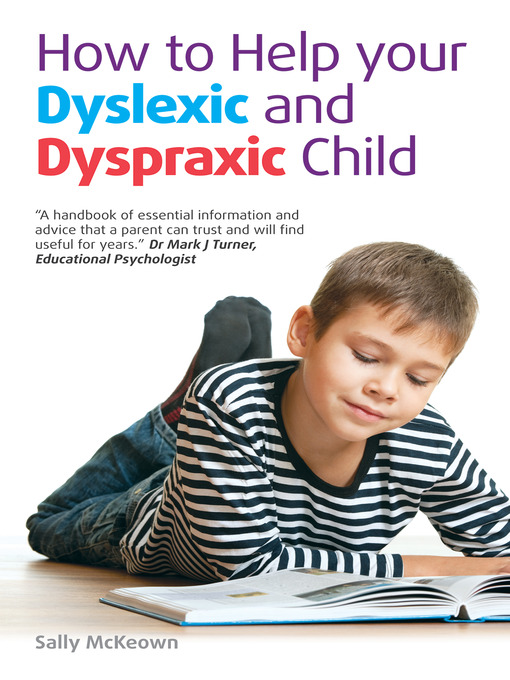 It seems that he does not pay attention to the sequence of letters and words.
It seems that he does not pay attention to the sequence of letters and words. - The child can perform arithmetic operations, but not word problems. It can also confuse arithmetic signs.
- Reading speed is much lower than that of peers or mechanical reading, the child does not understand the meaning of what he read.
- He incorrectly uses cases, agrees on the gender, number of words. nine0019
- Cannot distinguish letters that are similar in spelling, or reads mirror images.
- He has difficulty learning basic writing skills.
- He categorically refuses to read books.
<
<
How to teach a child with dyslexia
A child with dyslexia is not stupid or naughty, he has the same intellectual abilities as other children. He just has a hard time reading. This must be taken into account when teaching a child at school, otherwise poor grades and ridicule from classmates can provoke depression and aggression.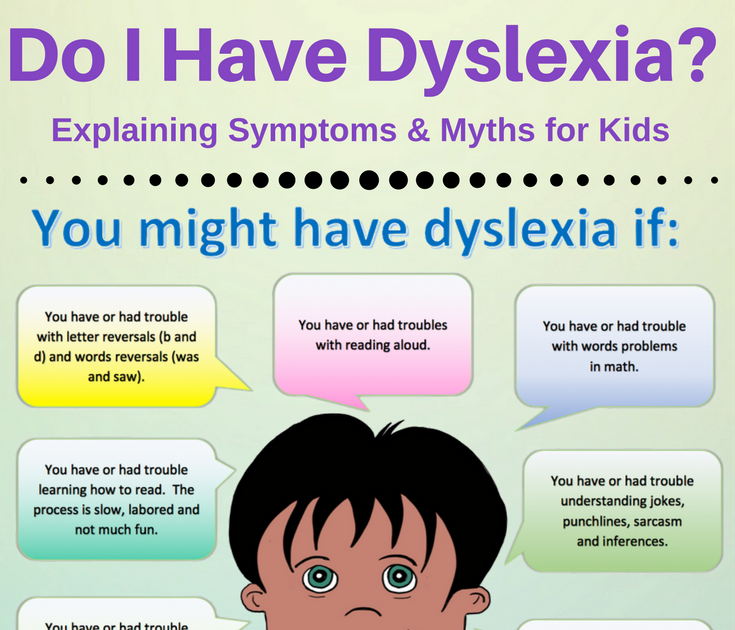 nine0003
nine0003
Dyslexic needs parental attention and a special approach to learning at school.
Parents should work with psychologists, speech therapists and educators to find an individual program for their child. Dyslexic needs more time to complete tasks. In a traditional school, they cannot always provide such an approach. The transition to family education helps to individualize learning and develop those areas that are best given to dyslexics.
<

